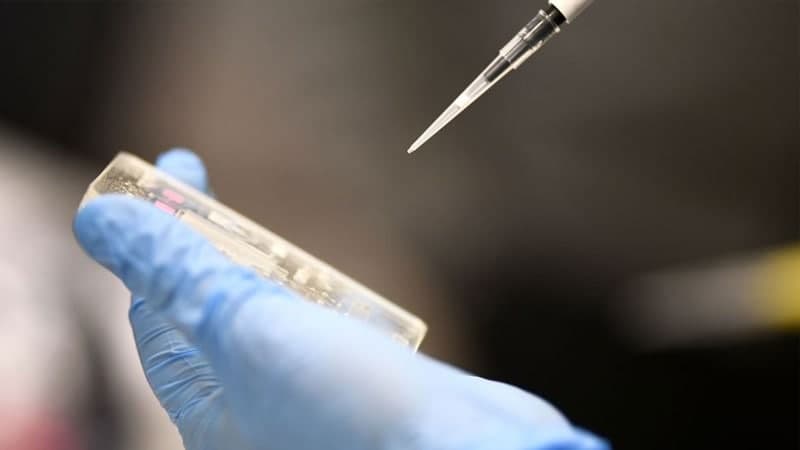Health Ministry of Uzbekistan comments on the new strain of COVID-19
Sevara Ubaydullayeva, a member of the anti-coronavirus staff, commented on the emergence of a new strain of COVID-19.

Photo: Sputnik / Vladimir Astapkovich
It has been reported that the rapid spread of a new strain of coronavirus caused a severe lockdown in London and south-east England, canceled Christmas celebrations for English, Scotland and Wales residents, forcing a number of countries to ban flights to the United Kingdom.
In addition, in order to preserve epidemiological stability and prevent new cases of coronavirus infection in Uzbekistan, the Special Republican Commission had recently decided to temporarily suspend flights to a number of countries.
According to researchers, the new strain is spreading much faster and 70% more contagious than the original form of COVID-19.
“We must not forget that every virus mutates during the period of adaptation to the environment. The degree of mutation is related to the prevalence of the virus, which means that one in three or four people infected with the disease has a mutation. A widespread new strain of coronavirus was first discovered in the United Kingdom in September, and today there are reports that the strain has already spread to 60 provinces in the United Kingdom. According to scientists, the new strain of COVID-19 is most common in children and adolescents, and the symptoms have hardly changed. However, there is insufficient data on the severity of the disease, as the strain has recently been identified. This means that we must be very vigilant,” Sevara Ubaydullayeva noted.
The expert also described how vaccines would affect a new strain of the virus.
“New strain analyses show that after the mutation, the virus coronal proteins underwent changes – this is the part of the virus that plays a key role in passing through the human cell shell and the penetration. Through these crowns, the virus contacts the surface of the body cells. The vaccines being developed affect the outer membrane of the coronavirus, that is, the membrane of the S-protein containing fatty acids. According to British and Russian scientists, vaccines affect new strains, even if the coronavirus mutates and changes its genetic strain,” she concluded.
Earlier, Michael Ryan, Director of the WHO Health Emergency Program, stated that the World Health Organization had no evidence that a new strain of COVID-19 coronavirus increased the severity of the disease.
“We know how to defend ourselves, and the rules do not change regardless of the type of the virus,” he said.
Related News

17:38 / 24.02.2026
Health Minister: Medical care provided to Doc-1 Max victims, compensation not our responsibility

16:05 / 15.01.2026
Emergency medical teams in Uzbekistan double in eight years as call volumes rise

18:13 / 14.01.2026
Health Ministry defines conditions exempting drivers from seat belt use

18:11 / 14.01.2026




